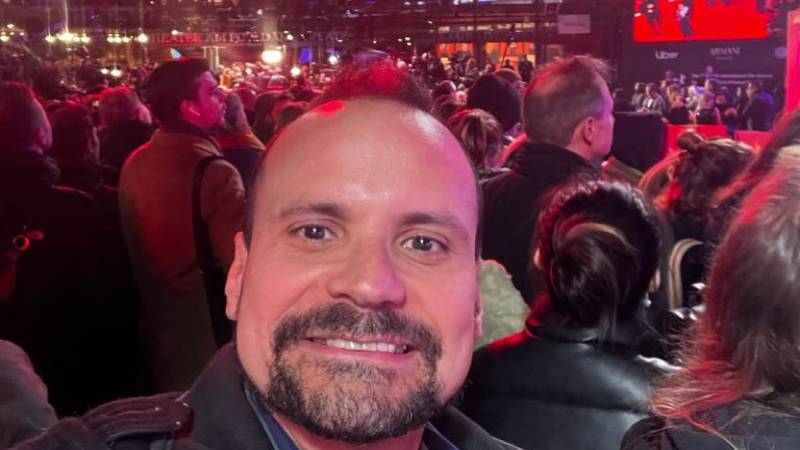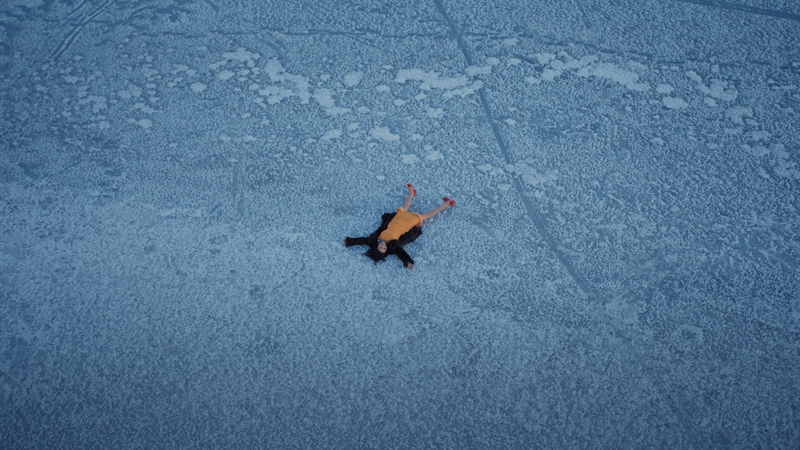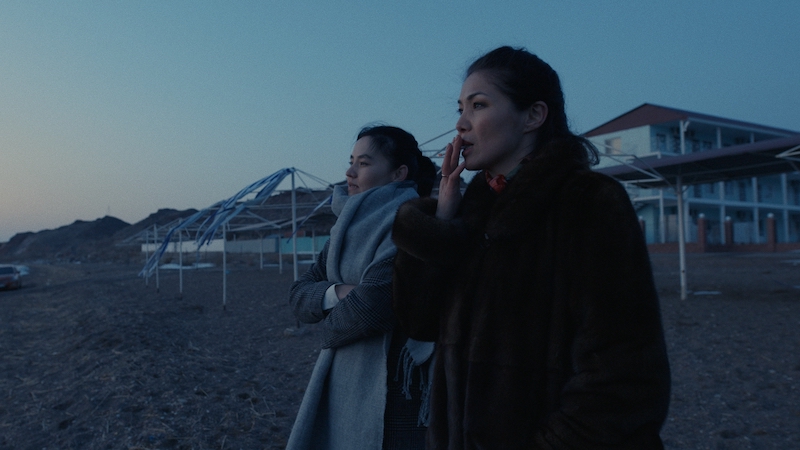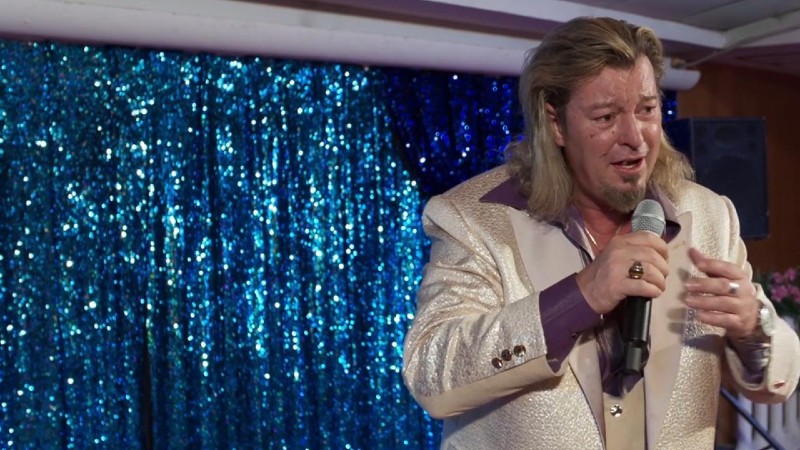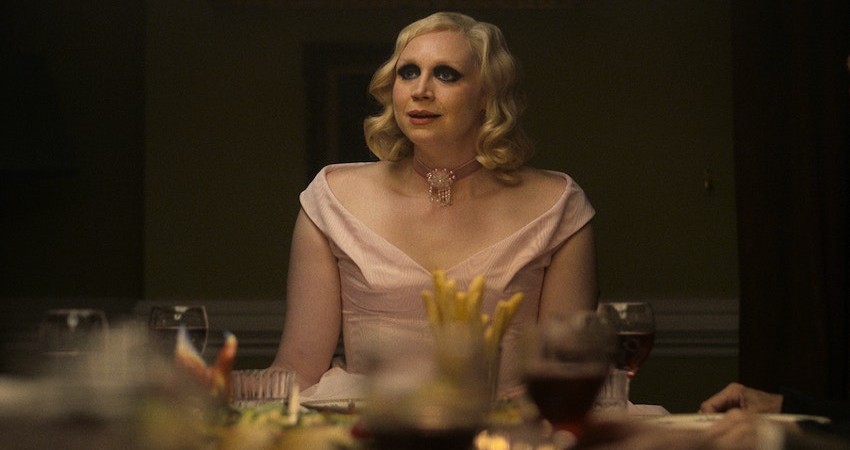This was my 12th Berlinale, and the seventh one since I founded DMovies in February 2016. It is no exaggeration to say that the event is very close to my heart. This year I had the privilege of attending both as a journalist as I normally do, but also as the producer and co-writer of The Visitor, a very British, hyperpolitical and pornographic reimagining of Pasolini’s Theorem (directed by the consistently transgressive and inventive Bruce LaBruce, and made possible visceral arts organisation a/political). Our movie did not win any prizes, but it did conquer a lot of hearts. David Opie of Indiewire called it a “depraved masterpiece”, and we received mostly positive coverage from the biggest outlets in the world, including Variety and The Film Stage. You can read our own review of the film here (obviously not written by me!).
The numerous parties, pitching and networking events related to The Visitor did not stop me from viewing and reviewing other films. In total, we published 29 pieces (21 of which by my own hand). You can see them all in our review archive.
…
.
The winners, the dirty gems and the turkeys
My favourite film to win a major prize at the Berlinale this year was Severin Fiala and Veronika Franz’s The Devil’s Bath (pictured at the top of this article), by Ulrich Seidl Film Productions. A story set in rural Austria in the 18th century, and based on real court records. It is so shocking it is almost unbelievable.
I am glad that Hong Sang-soo’s A Traveller’s Needs and Mati Diop’s Dahomey snatched major prizes. I just have to highlight a couple of strange coincidences. The Berlinale gave its top prize the Golden Bear to a French documentary for the second consecutive year. And Mati Diop is the first Black woman to win the Festival, in a decision made by Lupita Niong’o’s jury. Lupita is also a Black woman, in fact the first one to preside the jury at the Berlinale.
My three very favourite films La Cocina (Alonso Ruizpalacios), Who Do I Belong To (Meryam Joobeur) and My Favourite Cake (Maryam Moghaddam and Behtash Sanaeeha) all left empty-handed. The Competition included three genuinely awful movies (I gave one star/splat to each one of them, something I rarely do): Small Things Like These (Tim Meilants), Another End (Piero Messina) and Gloria! (Margherita Vicario). Sebastian Stan (from Aaron Schimberg’s A Different Man) and Ema Watson (Small Things Like These) won the Best Lead and Best Supporting Performance prizes respectively. I would have given the awards to Anja Plaschg (The Devil’s Bath) and Adam Pearson (A Different Man), also respectively.
Outside the main Competition, a special mention to the rockumentarey Teaches of Peaches (Philipp Fussenegger and Judy Landkammer) and Henry Fonda for President (Alexander Horwath).
.
Complacence and censorship
The Berlinale has been complacent with the Gaza genocide, and it has attempted to censor critics. The event has repeatedly denounced Hamas, Iran, Russia and other oppressive regimes, yet it has failed to say a single word about Israel, a country that has illegally occupied and terrorised another one for 75 years, while implementing an Apartheid state and carrying out mass murder. A guerrilla protest was performed inside the Martin Gropius Bau, where the European Film Market (the industry side of the event) is held. Many award winners gave speeches denouncing the Festival’s silence and bias. Festival director Mariëtte Rissenbeek claimed: “it would have been appropriate in terms of content if the award winners and guests at the Award Ceremony had also made more differentiated statements on this issue”, in a shocking act of censorship (the clear objective here is to intimidate and indeed censor future award winners and guests).
The Berlinale has a history of supporting free speech and combating authoritarianism. Mariëtte Rissenbeek’s statement (which can be read in full here) is a barbaric attack on these values.
This good friend and fan of the Berlinale sincerely hopes that the event will reassess its position, and side with those who denounce the oppression of Palestinians with the same vigour its sides with those who denounce the horrors carried out by Putin in Ukraine. Surely if you are ballsy enough to pick a pornographic, ultra-subversive film such as The Visitor, you are able to challenge the rotten narrative that falsely and maliciously equates genuine criticism of a criminal state with anti-Semitism. Instead you chose to purge those who dare to speak up. I am extremely disappointed.









